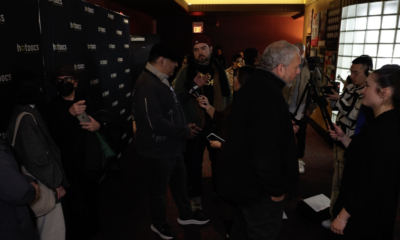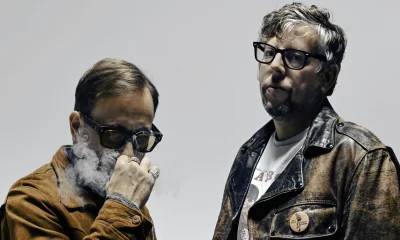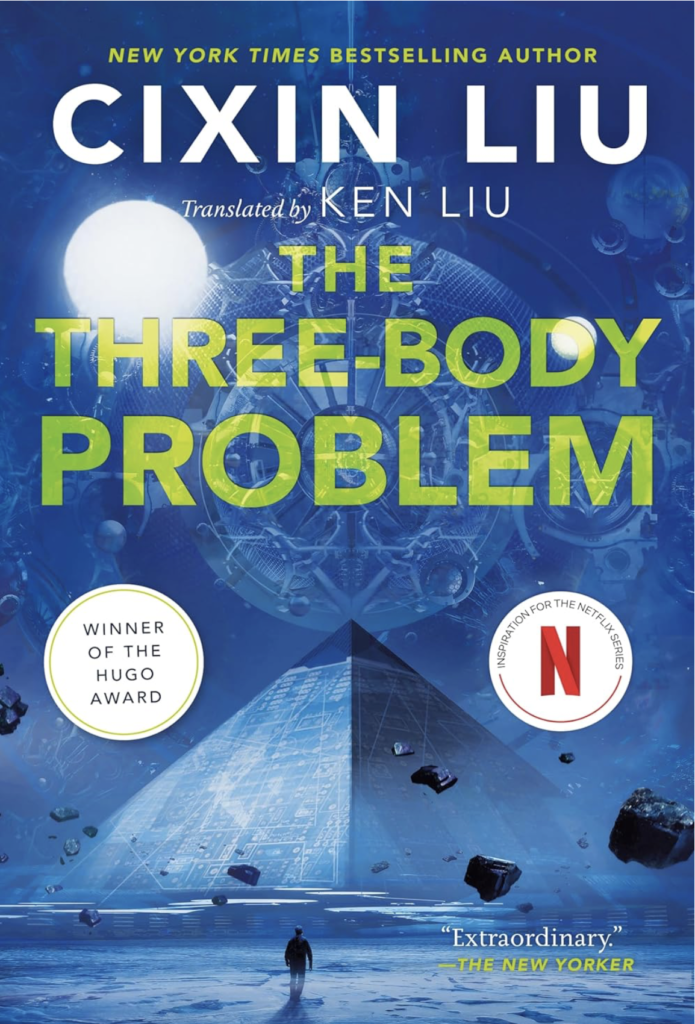Uncategorized
THE JOURNEY OF ARCHIPEL IN QUEBEC
Archipel takes you a ride to Quebec like no other.
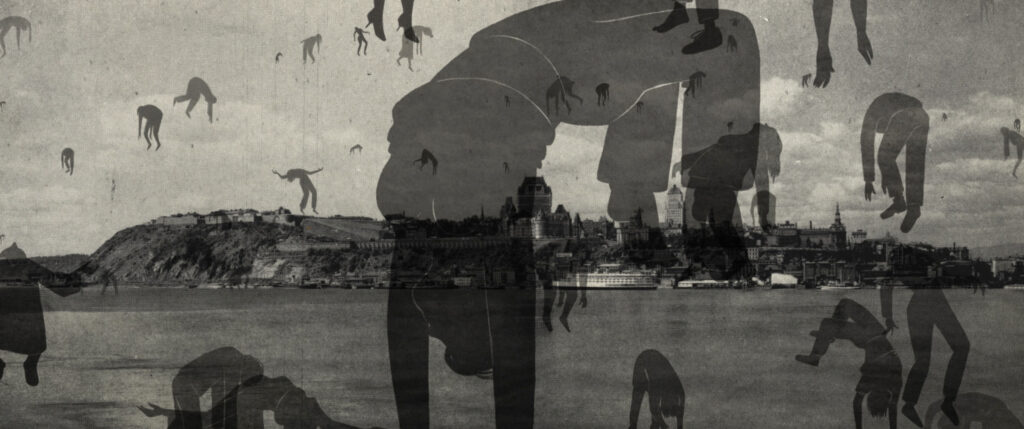

When you think of Quebec, you think of how the people speak French. Historically, this is the foundation of the land which has a unique story. They all begin to be different as you travel throughout the province. You will notice that each area is different. As a result, Quebec has much to offer when it comes to its diversity.
Director Félix Dufour-Laperriére’s Rotterdam Film Festival submission, Archipel (Archipelago) shows the nuances of Quebec. The three-year project weaves through different mediums to give the audience that vastness of diversity it really has. Archival and captured footage blends in with sketches that become animation with the compelling sound of the geographical and communal landscape of Quebec.
Above all, Archipel (Archipelago) follows a man voiced by Mattis Savard-Verhoeven and a woman voiced by Florence Blain Mbaye who go on an island-hopping adventure along the St. Lawrence River in Quebec. They travel north-easterly along the archipelagos where they notice that each island has its own distinct value and character. As they voice their perspectives of the land, there are picture-in-picture scenes where the animation is overlaying the live film capture of the area or vice-versa.
When these two speak of the history of the land, its archival footage blends in with the animation. At points, the two talk highly of the land, you can see that there are brighter colours with the drawings. When there is a struggle, the colour and tone of the film become darker along with their voices. The animation becomes unpredictable and the colour is less vibrant. These sequences in the film are acidic and from tangents of the unknown where it brings you to an uncomfortable world. The comfort in that is the audience learns that this island is not for the man and woman.
The audience learns the basis of the film through the progression of their travels. It is the psyche and lens of the man and woman whose voices give life to the land and to the aspects of the film. At points of their travel, their minds can be clear and precise which resonates with predictable and comfortable landscapes. You can sense through their voices that they are working as a team during these points.
As a result, the animation and overlays are nice and smooth. When they both encounter a community they can relate to, you see scenes of people transforming into sketches appealing to the eye. The music is harmonious to the ears and beats to the drum of the heart. This represents the joys of their travels and how they are welcome to this community on this island.
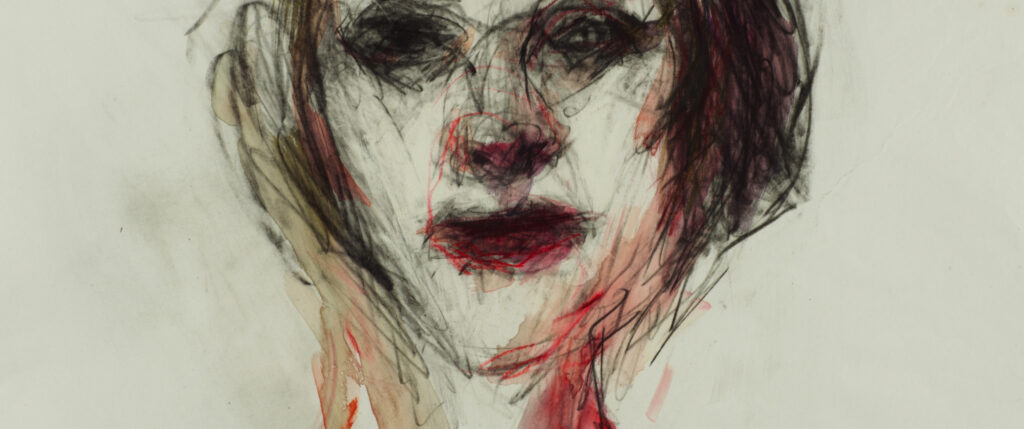

The mystery of the journey of these two is that the audience does not really know if they are inventing these islands or ideals in their mind. They can be claiming that they saw this here or heard this here. Or they can be mixing in prejudices and stereotypes that turn into myths that allocate to one island or two for that matter.
“Little by little, I took liberties, I invented places, islands, images. To finally try to stage an imaginary journey, like a notebook of interior wanderings, in the real and invented Quebec of yesterday and today, a past and a present that dialogue with those of the continent,” is what director Félix Dafour-Laperriére had to say about the film’s inspiration.
With that being said there is a struggle between what Laperiérre wanted Quebec to be from what he perceives it to be. The man and woman represent these two sides of Laperriére’s mind when they embark on their journey. The man of the film represents how he perceives Quebec as stern and conservative. Then to the woman of the film who represents how he wants Quebec to be as open and liberal. This is why the man says to the woman in the beginning that she does not exist. She is always telling the man to follow her to another island in hopes of finding the utopia of Quebec.
Archipel (Archipelago) dares to be different in hopes to show the diversity of Quebec. It’s an experimental film that blends all footage of documentation with precise sounds, language and music. It’s a journey that shows that this province is not only one-sided but many to which is rooted mainly in its geographical and linguistic landscape. The creative process of this film is just as creative as how the province was built today.
The film may not be for everyone but the message is universal. That the province of Quebec is not what the other provinces see or what the world sees of Quebec. But rather there is much to learn about Quebec aside from its native language. The journey to learning about this province is just as inevitable as the man and woman in their travels. This is the inclusion that we all need to work on.
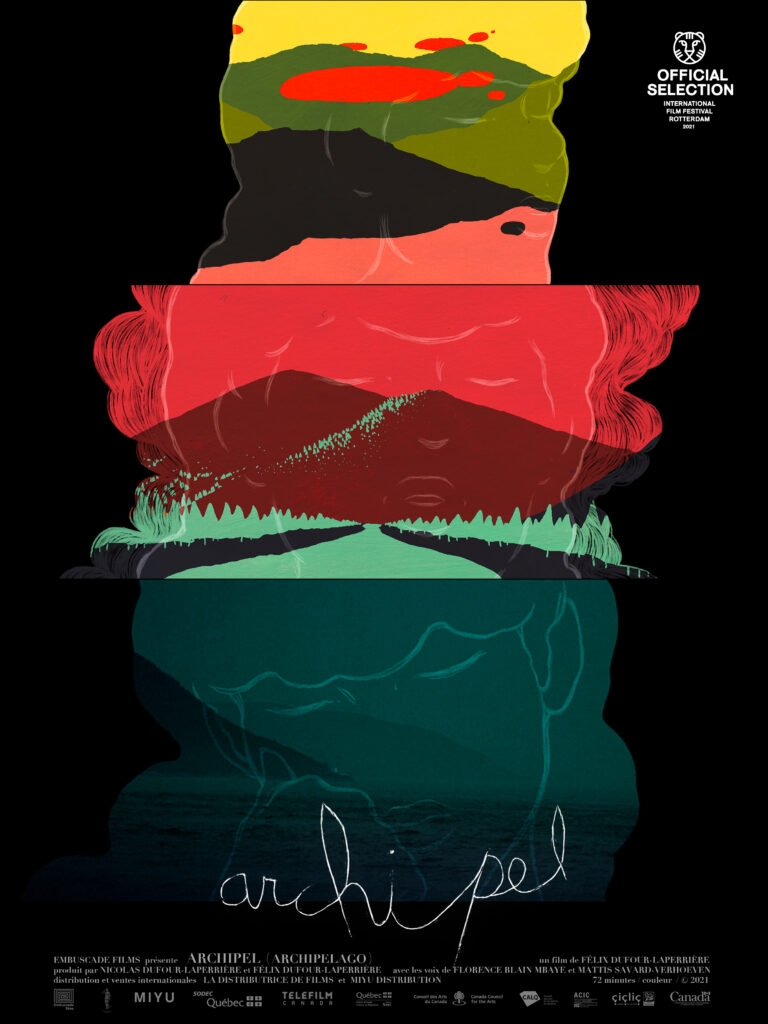

-

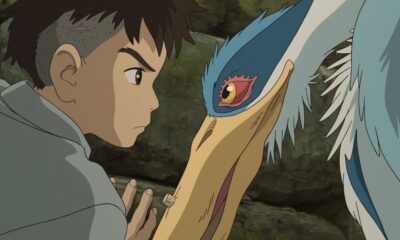

 BIPOC4 months ago
BIPOC4 months agoThe Boy and the Heron @TIFF 2023
-



 TIFF 20238 months ago
TIFF 20238 months agoViggo Mortensen in The Dead Don’t Hurt @TIFF2023
-



 ACTORS/ACTRESSES2 months ago
ACTORS/ACTRESSES2 months agoAn Exciting Conversation with Sydney Sweeney @SXSW 2024
-

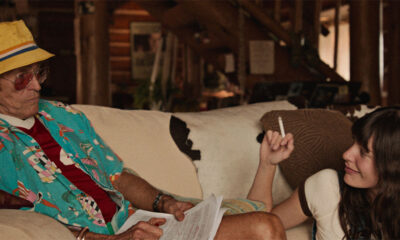

 Uncategorized9 months ago
Uncategorized9 months agoWillem Dafoe in Gonzo Girl @TIFF 2023
-

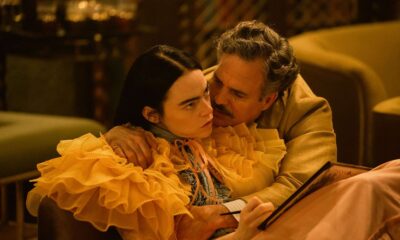

 ACTORS/ACTRESSES3 months ago
ACTORS/ACTRESSES3 months agoThe Exciting 96th Oscar Nominations Announced
-



 TIFF 20238 months ago
TIFF 20238 months agoNicolas Cage in Dream Scenario @TIFF 2023
-



 Uncategorized9 months ago
Uncategorized9 months agoSly to close TIFF2023
-

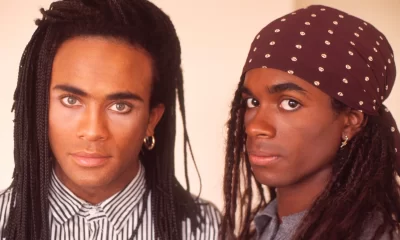

 TRIBECA 202311 months ago
TRIBECA 202311 months agoMilli Vanilli @ Tribeca Film Festival 2023






